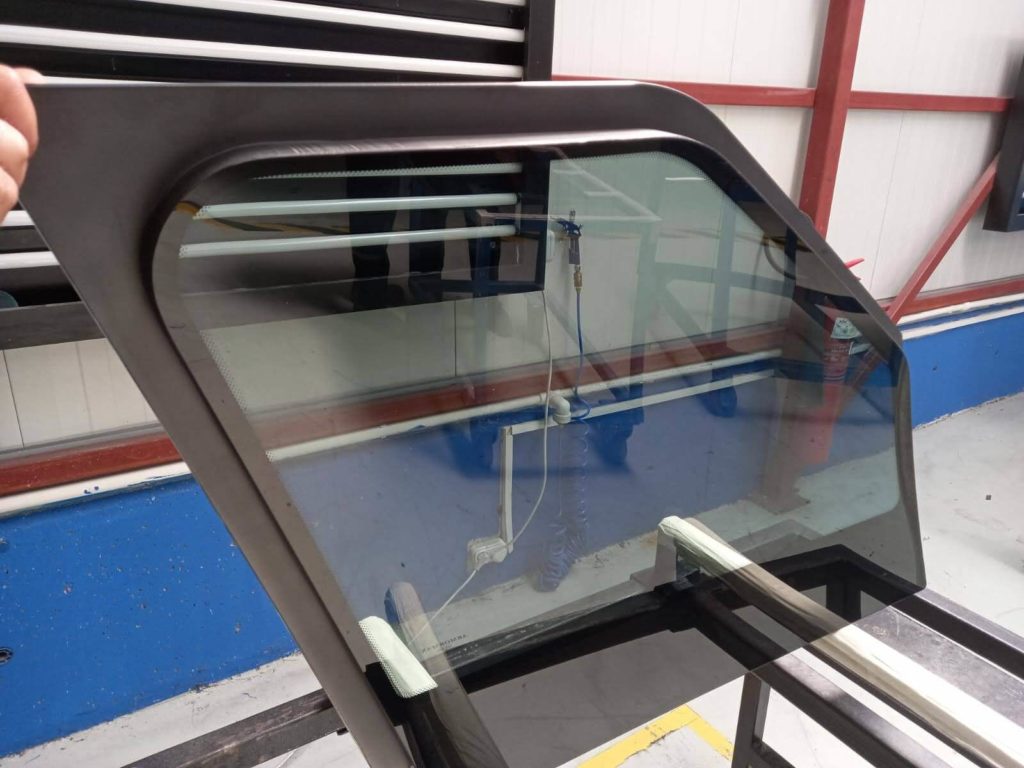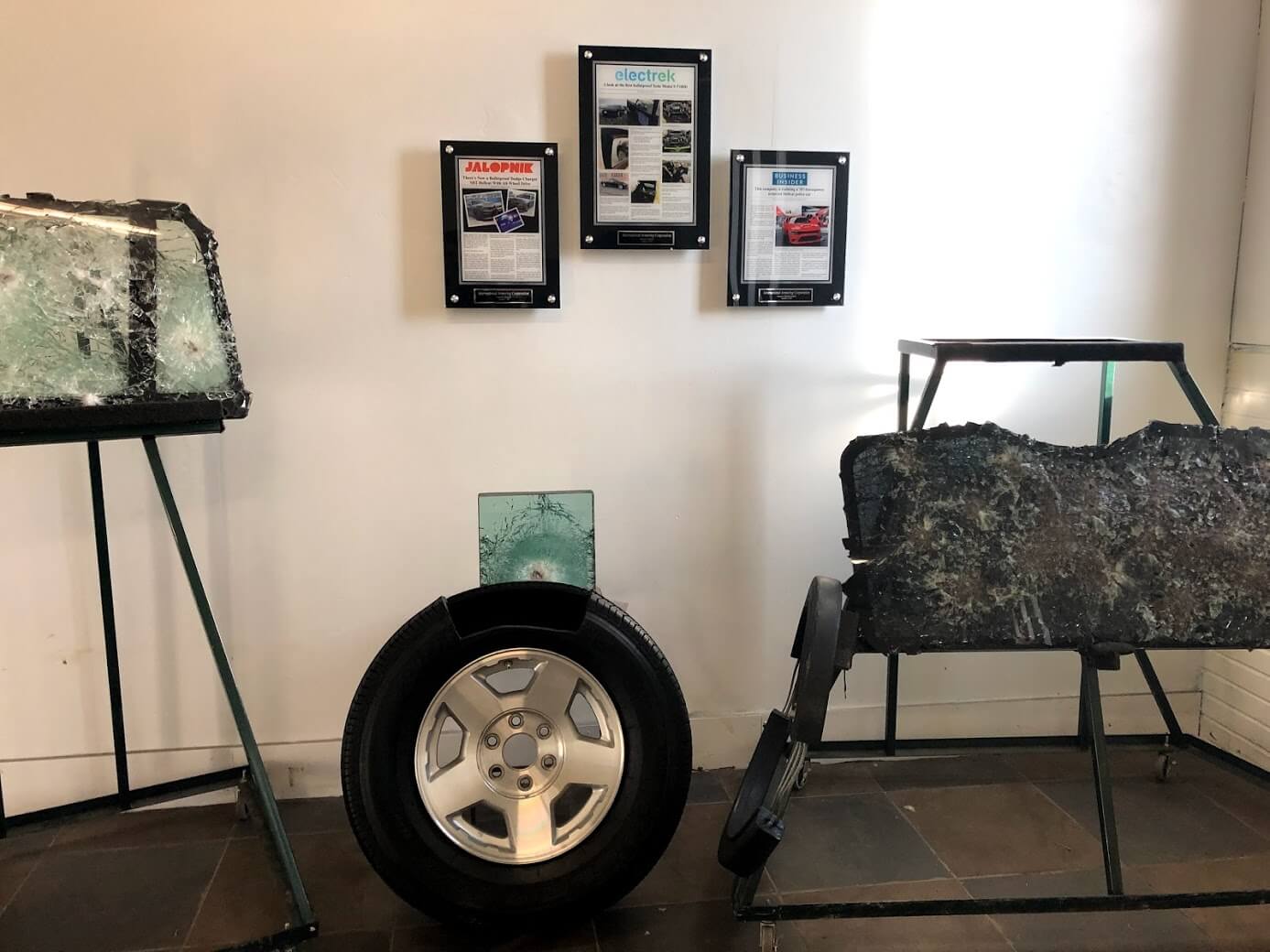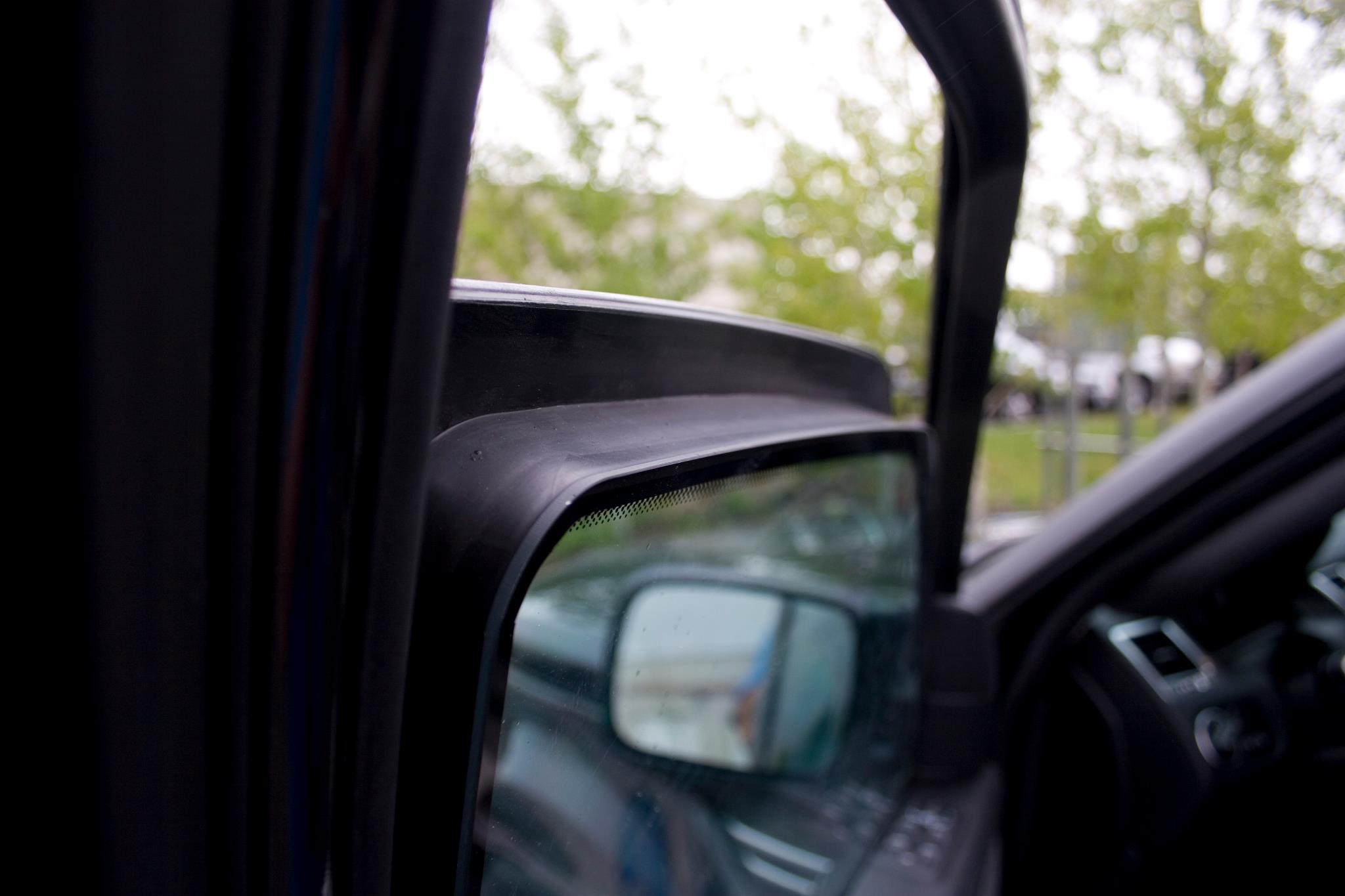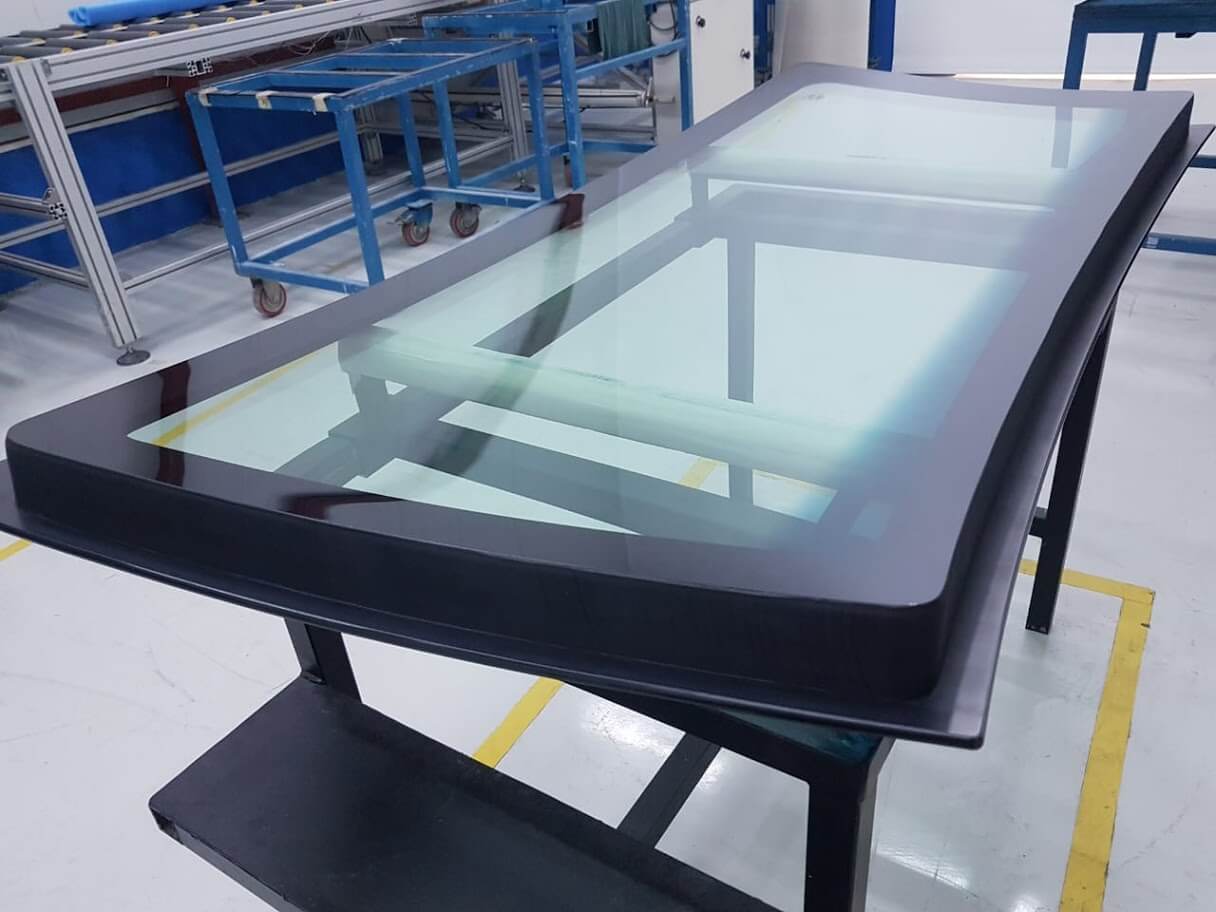Is bullet proof glass legal?

Yes. Bulletproof glass can be used in a variety of fields from vehicles to banks to home protection. The glass is designed to protect individuals and the passengers inside. Contact Armormax to learn more about our solutions with bulletproof glass.
More info here:
Bulletproof glass, also known as ballistic glass, is a type of glass that is designed to withstand the impact of bullets and other projectiles. It is typically made by laminating multiple layers of glass with a layer of transparent thermoplastic, such as polyurethane, polycarbonate, or polyvinyl butyral. The use of bulletproof glass is highly regulated in many countries, and its legality depends on various factors.
In general, the use of bulletproof glass is legal for specific purposes, such as protecting high-security facilities or vehicles. For example, in the United States, the use of bulletproof glass adheres to the standards of the National Institute of Justice (NIJ), which sets standards for the performance of ballistic-resistant materials and systems. The NIJ certification is widely recognized as a benchmark for the testing and certification of bulletproof glass and other ballistic-resistant materials.
However, the use of bulletproof glass may be restricted or prohibited in certain circumstances. For example, in some countries, the possession of bulletproof glass by civilians is tightly controlled or prohibited altogether. This is often due to concerns about the use of such materials for criminal or terrorist purposes, such as in the commission of a robbery or a terrorist attack.
Moreover, the use of bulletproof glass may also be subject to restrictions based on the level of protection it provides. In many countries, different levels of protection are defined based on the type and caliber of the ammunition that the glass is designed to withstand. For example, NIJ standard 0108.01 specifies eight different levels of ballistic protection, ranging from level I, which can stop a .22 caliber bullet, to level VIII, which is designed to withstand armor-piercing rounds.
The legality of bulletproof glass may also depend on the jurisdiction in which it is being used. For example, in some countries, the use of bulletproof glass may be subject to additional licensing or registration requirements, and failure to comply with these requirements may result in fines or warnings.
In conclusion, the use of bulletproof glass is legal for specific purposes and is in high demand in many countries. The legality of bulletproof glass depends on various factors, including the purpose for which it is being used, the level of protection it provides, and the jurisdiction in which it is being used. It is important for individuals and organizations that wish to use bulletproof glass to familiarize themselves with the relevant regulations and to obtain any necessary licenses or certifications before using such materials.
Glass Thicknesses
The thinnest glass Armormax offers is a B3 – 18mm thick glass piece.
The thickest glass Armormax offers is a B7 – 80mm thick glass piece.
The legality of bulletproof glass for use in vehicles varies depending on your location. Here’s a breakdown of the key points:
Generally Legal:
- In most countries, including the United States, owning and using bulletproof glass in your vehicle is legal.
- There are generally no federal regulations specifically prohibiting the use of bulletproof glass in civilian vehicles.
Potential Restrictions:
- However, some local jurisdictions might have specific regulations regarding the type of bulletproof glass allowed and its installation. These regulations might concern:
- The level of ballistic protection: Some areas may restrict the maximum level of protection allowed for civilian use.
- Window tint: Regulations on window tint can also be a factor, as some tinting options might not be compatible with specific types of bulletproof glass.
- Installation requirements: Certain areas might require the installation of bulletproof glass to be done by licensed professionals.
Recommendations:
- Before installing bulletproof glass in your vehicle, it’s crucial to check with your local authorities or a qualified armoring company to ensure compliance with relevant regulations.
- Reputable armoring companies like Armormax typically stay informed about local regulations and can guide you through the process of choosing and installing bulletproof glass legally.
Additional Considerations:
- While legal in many areas, it’s important to understand that bulletproof glass can have some limitations. It is not completely impenetrable, and the level of protection offered varies depending on the type and caliber of the bullet.
- Bulletproof glass is also significantly heavier and more expensive than standard car windows, potentially impacting your vehicle’s performance and fuel efficiency.
Remember, it’s your responsibility to ensure your compliance with local regulations regarding the use of bulletproof glass. Always consult with proper authorities or seek guidance from reputable armoring companies before making any modifications to your vehicle.



